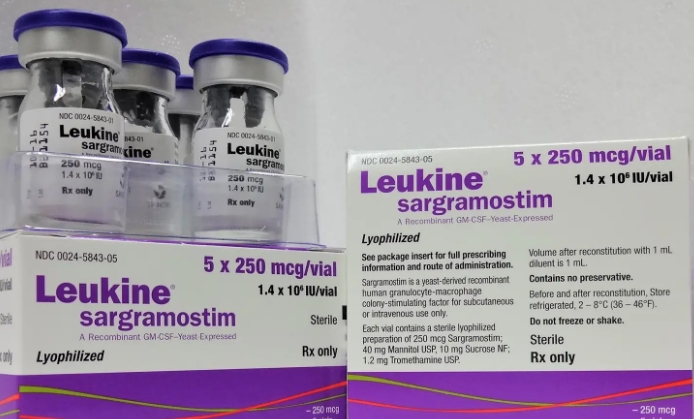
Gene Allele DR4 Fends off Alzheimer’s AND Parkinson’s
“The night after we found that out, I couldn’t sleep,” said Senior Researcher Dr. Emmanuel Mignot. 1 in 5 people have DR4.

“The night after we found that out, I couldn’t sleep,” said Senior Researcher Dr. Emmanuel Mignot. 1 in 5 people have DR4.

It looks like a sneeze cannot give anyone Alzheimer’s. While Alzheimer’s abnormal disease proteins do spread from cell-to-cell, they are not “infectious”. Check out the facts.

Studies have found an association between hearing loss and the development of dementia in older adults. Research also suggests that using hearing aids to treat hearing loss may help slow the development of cognitive problems.

Is keeping seated and sedentary, while intellectually stimulated, part of the best way to care for your brain?

A massive study of medical and genetic data shows that people with a particular version of a gene involved in immune response had a lower risk of Alzheimer’s and Parkinson’s disease.

Researchers say it takes a dozen “intervention sessions” to improve cognition in those at risk for Alzheimer’s and other dementias.

Scientists at Oregon’s only public academic health center (OHSU) have discovered a new avenue of cell death in Alzheimer’s disease and vascular dementia.

One woman held the genetic key to unlock the mystery of how she was the only one free of early-onset Alzheimer’s, out of 1,200 members of a South American family,

FDA-approved Sargramostim, a normal human protein, improved memory and cognition in Alzheimer’s patients in a Phase II clinical trial. The drug is safe and well-tolerated, and has been used for other disorders for 30 years.

A fascinating study in Europe finds that individuals who felt they had memory problems did in fact have measurable cognitive deficits. Scientists analyzed the spinal fluid to measure the levels of biomarkers associated with Alzheimer’s.

Caring for someone with Alzheimer’s goes way beyond helping them get dressed or remembering their pills. For many caregivers, the real struggles happen in quiet moments when you’re alone with feelings nobody else seems to understand.

Fresh air and exercise, improved appetite, fewer medications and happier family visits typify the world’s first “Dementia Village”. See how an inspired nursing home manager took a dreary hospital and turned it into a respect-filled, compassionate community.

Creating peace, calm and a sense of control over their environment is the best gift to give a person living with Alzheimer’s. Learn all about In-Home Routines.

Too much sleep and too little sleep can contribute to cognitive decline, researchers report. Learn more.

People with dementia who were consistently seen by the same General Practitioner (GP) are given fewer medicines and are less likely to be given medicines that can cause problems, according to researchers at University of Exeter. Learn more.

A deep promise to be there for an Alzheimer’s parent, this heartwarming song was written as a tribute to families facing dementia.

Amyloid is one of the leading culprits behind Alzheimer’s. Scientists know it damages memory by killing brain cells. Now research reveals how amyloid triggers memory loss in perfectly healthy brain cells as well. Learn more about how Alzheimer’s develops.
No spam, only news and updates.


